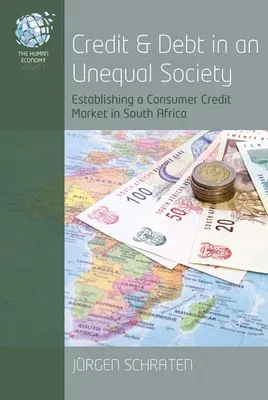Jürgen Schraten
(Author)Credit and Debt in an Unequal Society: Establishing a Consumer Credit Market in South AfricaHardcover, 3 February 2020

Qty
1
Turbo
Ships in 2 - 3 days
In Stock
Free Delivery
Cash on Delivery
15 Days
Free Returns
Secure Checkout

Part of Series
Human Economy
Part of Series
Human Economy, 7
Print Length
212 pages
Language
English
Publisher
Berghahn Books
Date Published
3 Feb 2020
ISBN-10
1789206383
ISBN-13
9781789206388
Description
Product Details
Author:
Book Format:
Hardcover
Country of Origin:
US
Date Published:
3 February 2020
Dimensions:
22.91 x
15.19 x
1.27 cm
ISBN-10:
1789206383
ISBN-13:
9781789206388
Language:
English
Location:
New York, NY
Pages:
212
Publisher:
Weight:
453.59 gm